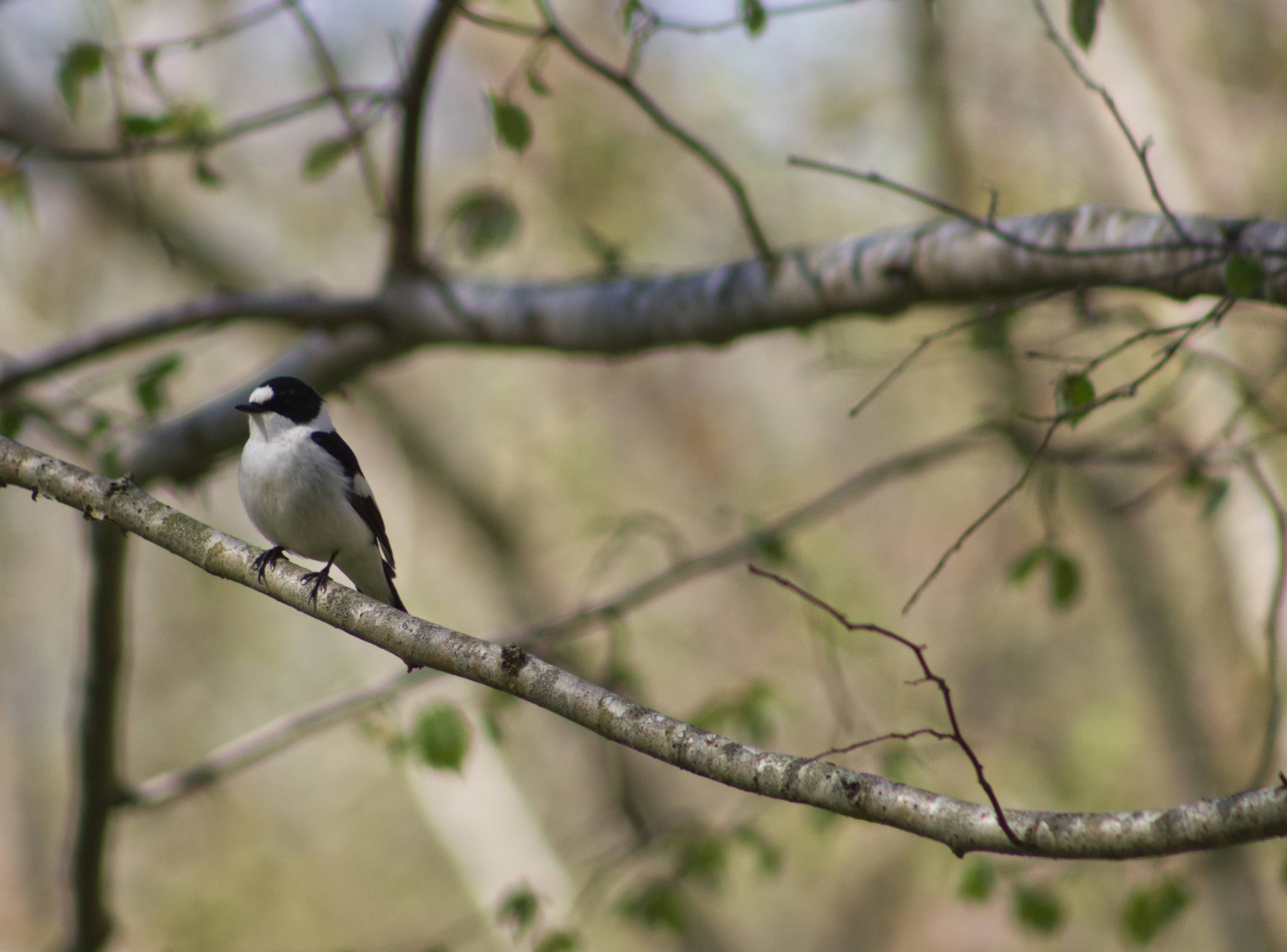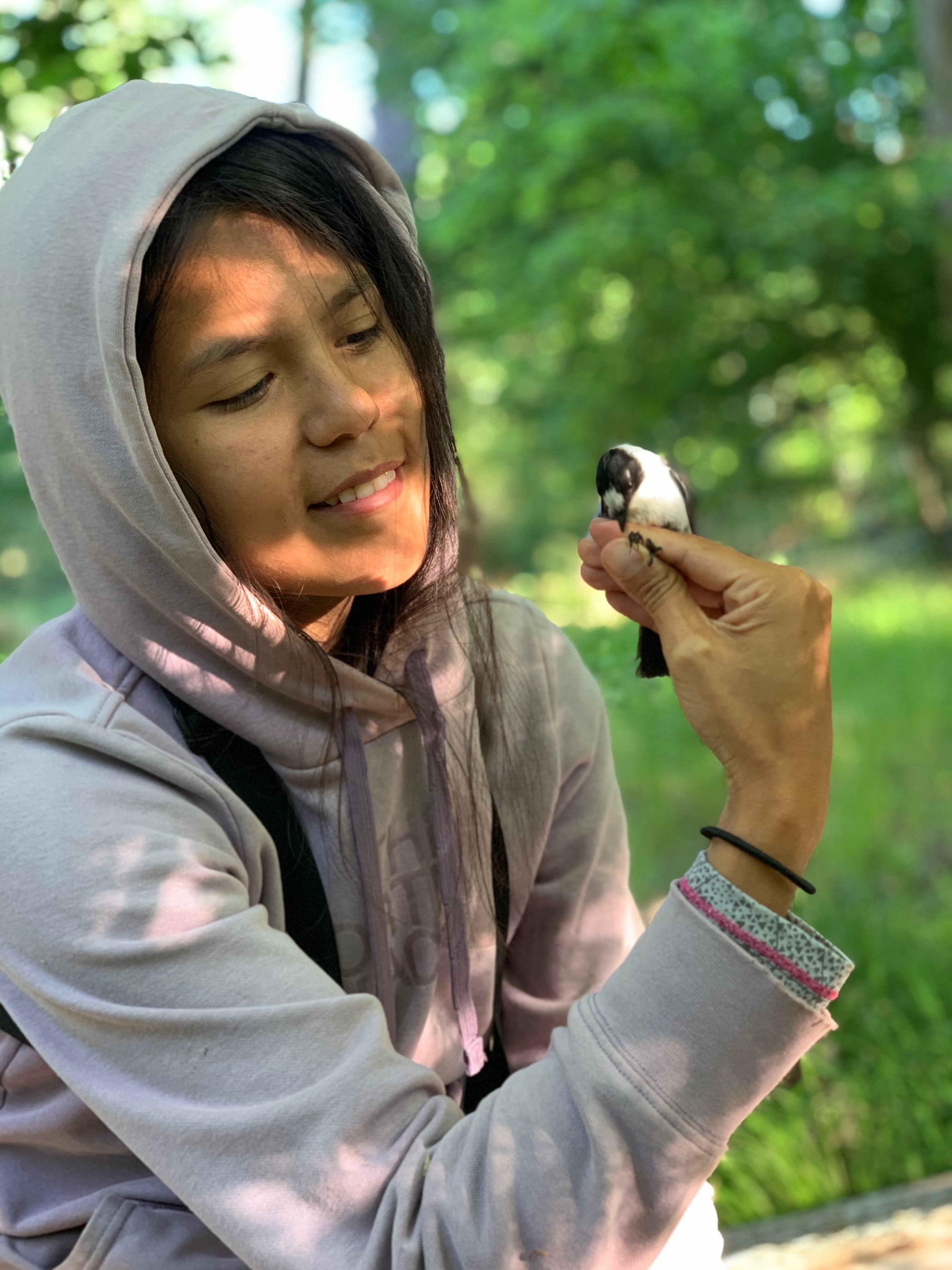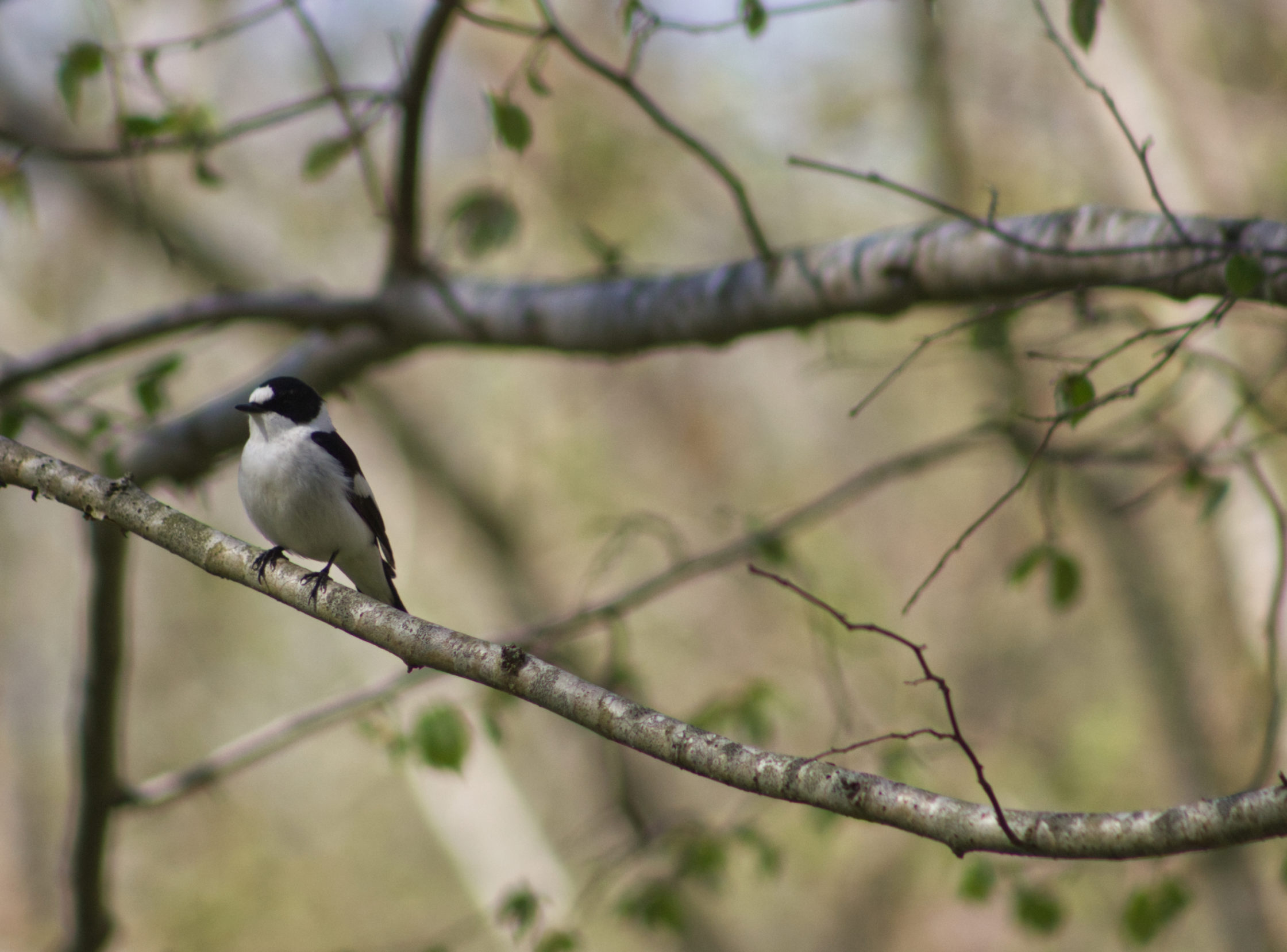A new study published in Evolution Letters investigates whether the benefits of mating with an older, more experienced male outweigh the costs that paternal senescence may confer to the offspring. One of the study’s authors, Carolina Segami, tells us more.
Choosing a mate is a critical decision in the lives of many animals. Females are often the choosiest sex and spend much effort in selecting a partner that can provide direct benefits such as a suitable territory and shared offspring care, but also indirect benefits in the form of “good” genes that benefit her offspring. But how can females predict which male to choose to maximise these benefits? There has been a long-lasting debate on the usefulness of selecting an old male. On the one hand, old males are more experienced and should be able to provide better territories and care of the offspring. Clearly, they survived, meaning that they may also carry “good” genes that ensure survival abilities that will be passed on to the offspring. On the other hand, old males may experience senescence or ageing. This could mean that they could be less efficient than younger males in securing food and helping with the offspring rearing. Another possibility is that their sperm could be carrying more deleterious mutations. The outcome of this dilemma has been hard to test in wild systems because detailed information from several generations is needed, and it is hard to distinguish between the direct and indirect (genetic) benefits.

Collared flycatcher Ficedula albicollis. Credit: Carolina Segami
We used 18 years of data from a collared flycatcher population in Sweden monitored by the Qvarnström lab to test whether females should prefer old males. Collared flycatchers must travel thousands of kilometers from south-Saharan Africa to forests in the northern with the goal of arriving to their breeding grounds and get a shot at reproducing. After that tiring journey, females directly choose a suitable male partner to breed with and the plumage traits of the males reveal their age. We found that females paired with older males indeed had more offspring that successfully fledged from the nest and returned to breed themselves in consecutive years. This result was mainly explained by young (1‑year old) males underperforming as mates. To test whether these young males are generally are worse mates because they lack suitable experience or because they have been exposed to a shorter period of selection, we used our long-term data to travel back in time. More precisely, we compared the performance of males that survived until older age with those who died young. To our surprise, we found that males who survived until older age, were already performing well during their first year of breeding. Therefore, selective removal of low-quality individuals after year one, rather than gained experience with age, explains why females in general should avoid pairing with young males.
To disentangle direct and genetic benefits, we used naturally occurring extra-pair offspring in nests of males of known age. Because collared flycatchers often engage in extra pair copulations, is not rare to find mixed broods sired by different males. By comparing within (sired by the male taking care of the nest) and extra-pair offspring (sired by another male) raised in the same nest-environment, we were able to isolate the genetic effects of the biological father (only experienced by offspring sired by him) from the direct effects that are shared by all nestlings in the nest. We found that while within-pair offspring outperform their extra-pair half-siblings when their father is young (1 and 2 years old) the opposite is true when their father is old. This result implies a negative genetic effect of paternal age in their offspring indicating senescence in the germline. To our knowledge this is the first study to disentangle genetic from direct paternal age effects in a wild system.
So, should females prefer old males? According to our results, they should carefully avoid first-year breeding males as social mates and acquire a partner that has been exposed to selection for a longer period. This is because old collared flycatcher males provide superior territories and paternal care (i.e., better environmental conditions during offspring growth). However, in the best-case scenario, while forming a pair with an old male, her offspring should ideally be sired by a rather young extra-pair male to avoid the genetic cost of mating with an old male that has experienced germline senescence!

The study’s lead author, Carolina Segami, in the field. Credit: Lily Hilgers
Carolina Segami is a PhD student in the Qvarnström lab, Department of Ecology & Genetics, Uppsala University. The original study is freely available to read and download from Evolution Letters.


